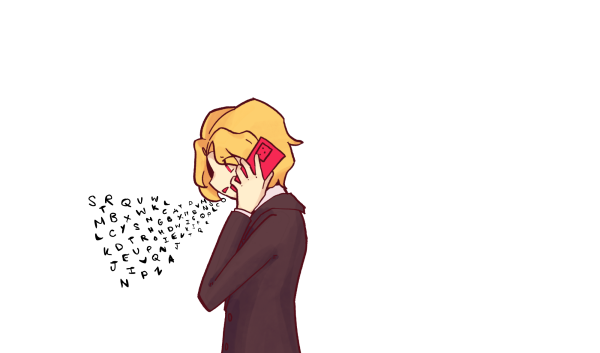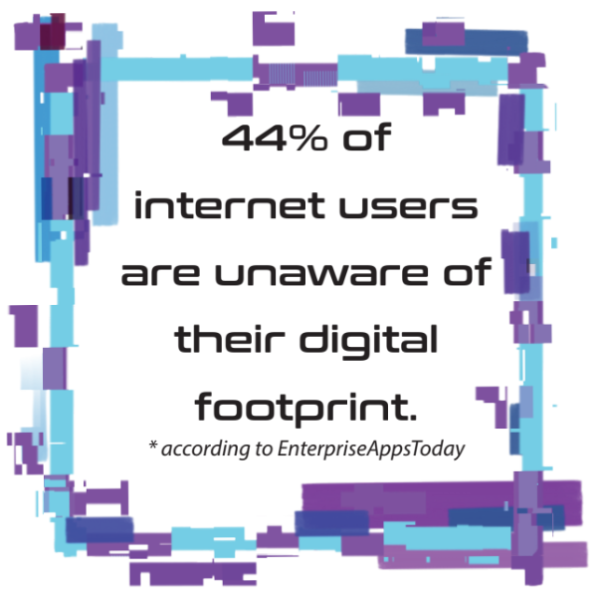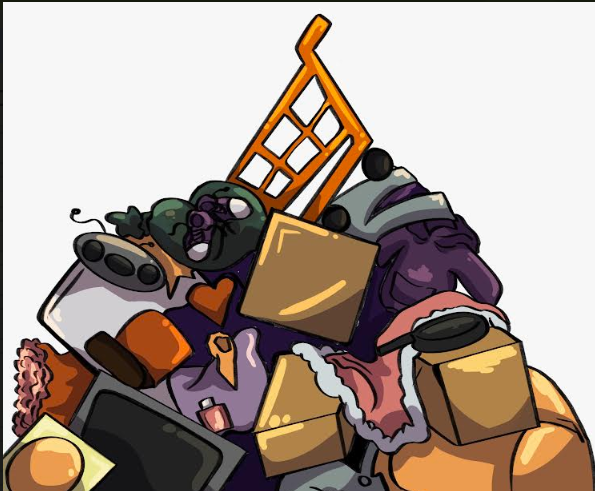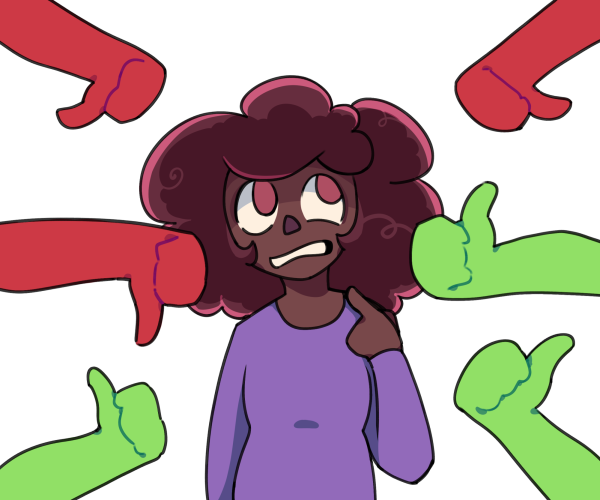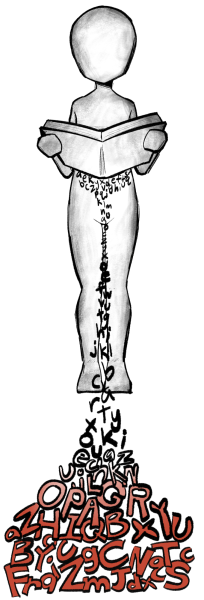LGBTQ+ films struggle under dated storylines
December 18, 2020
Can films just let queer people be happy already?
I’ve asked myself this question three times recently, as I’ve sat through three disappointing LGBTQ+ movies this month.
Centered largely on tragedy and homophobia, the films left me wondering when I would ever get the simple, feel-good queer movie that I longed for.
Movies starring queer characters often rely on heavy themes and traumatic backstories to carry their plots, and while this isn’t inherently a problem, it becomes a problem when tales of suffering are the only representation the queer community gets.
To be honest, it’s taxing to see people like me get screwed over time and time again.
In the three recently-released movies I’ve seen this month, The Boys in the Band, Uncle Frank and Happiest Season, this was exactly the case.
These films were disappointing for slightly different reasons, but I was mostly frustrated by how they felt like stories that were needed thirty years ago, not stories that are needed now.
While homophobia definitely still exists, it is no longer as all-consuming in nearly every queer person’s life as it was in the past. It’s 2020 and I am just about fed up watching characters be defined by the internal or external homophobia they experience.
One slight exception to this frustration is that The Boys in the Band is the film adaptation of the 1968 play of the same name. Its story centered around the internalized homophobia of the nine gay main characters was groundbreaking at the time.
However, as the film adaptation was not updated for modern times, the entire movie is just hours of gay men hating themselves.
Similarly, Uncle Frank follows a 46-year-old closeted gay man as he journeys home for his homophobic father’s funeral.
As he drives, he remembers the trauma he experienced as a kid because of his sexuality. His character is enveloped in fear and self-hatred for the majority of the film.
Finally, Happiest Season, which was marketed as “the first lesbian Christmas romantic comedy,” does not live up to what was advertised. Christmas rom-coms should be silly, lighthearted, slightly cliché and leave you feeling hugged by the Christmas spirit — none of these attributes apply to Happiest Season.
The film focuses instead on a woman forcing her girlfriend to pretend to be straight at her conservative family’s annual holiday party. The movie is riddled with self-deprecation and has none of the familiar Hallmark tropes that make holiday rom-coms so enjoyable.
The few times I laughed were thoroughly ruined by the pity I felt as the girlfriend was forced into the closet, hiding her identity to please a family of homophobes.
Now, this doesn’t mean that I’m not grateful for this representation. The problem is that it all feels a little dated. I don’t want queer media that looks to the past — favoring decades-old issues over contemporary stories — I want queer media that looks forward.
I want two lesbians in an action-comedy, fighting off bad guys.
I want a non-binary person casually using they/them pronouns.
I want a bisexual friend group stumbling their way through their twenties.
I want to see what the world could be and not what it has been.
I want conservative people to watch these modern films and wonder, “Are my views outdated?”
I want them to leave the theaters feeling inspired to create a reality that is as casual about gender and sexual identity as the worlds created in these films.
If you’d like an existing example of this, look no further than the five-time Emmy award-winning Schitt’s Creek. Despite taking place in a small town, the queer relationships in this show are light, casual and never questioned. The town is “homophobia-free,” as co-creators Daniel and Eugene Levy like to say, and pushes viewers to imagine a world that is similarly void of intolerance.
Schitt’s Creek is my ideal representation of queer people because the characters are not defined by tragedy or by the sole fact that they are queer. They are unique, funny and just happen to be a part of the LGBTQ+ community.
The healthy portrayals of their relationships make me love queerness more than I already do, giving me hope for a more accepting future.
Yes, life imitates art and life for queer people is not always easy. I won’t deny that the difficult stories are important to tell, but they have been told.
It’s time to move forward and use art to forecast a happier tomorrow.







